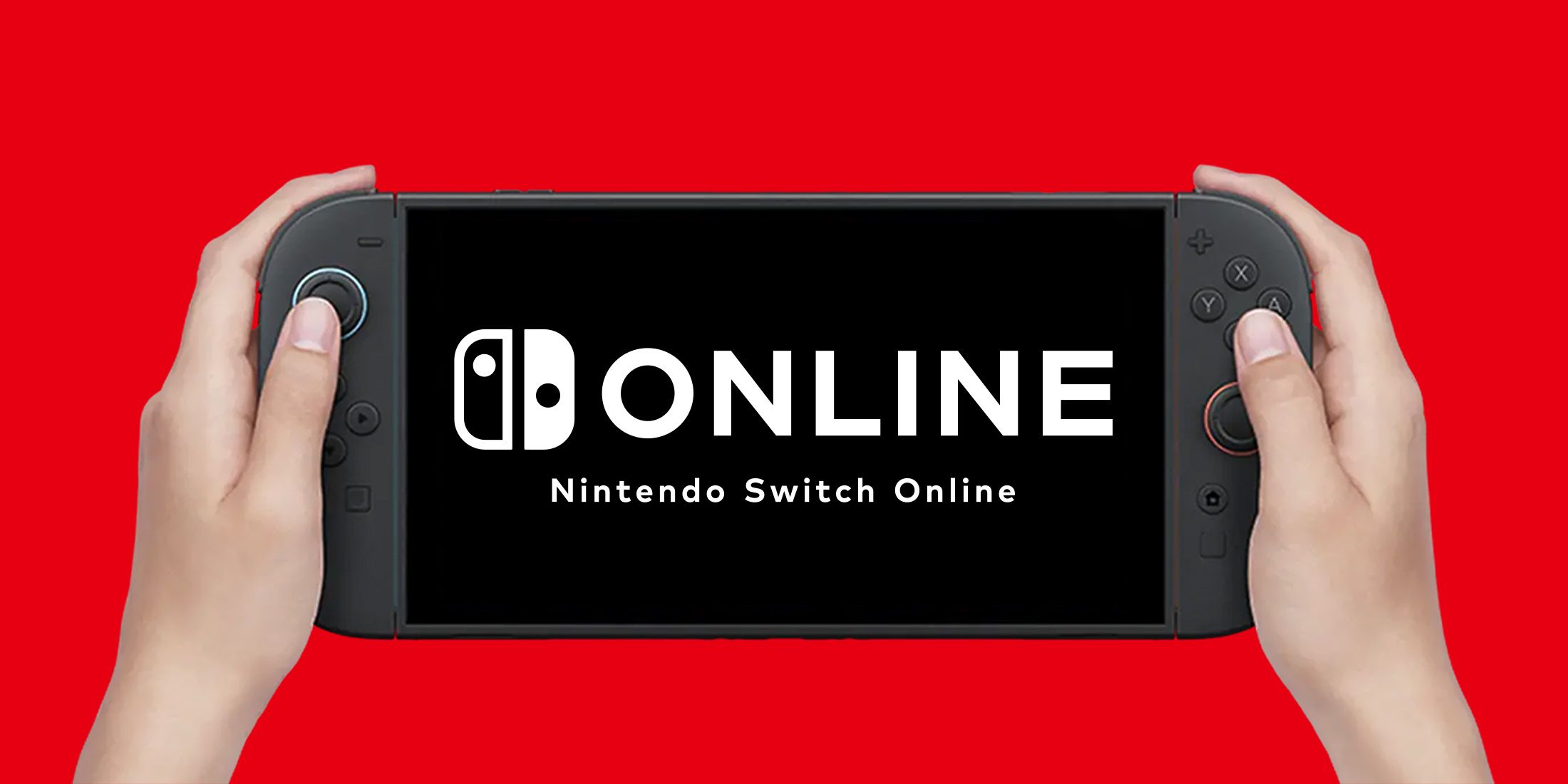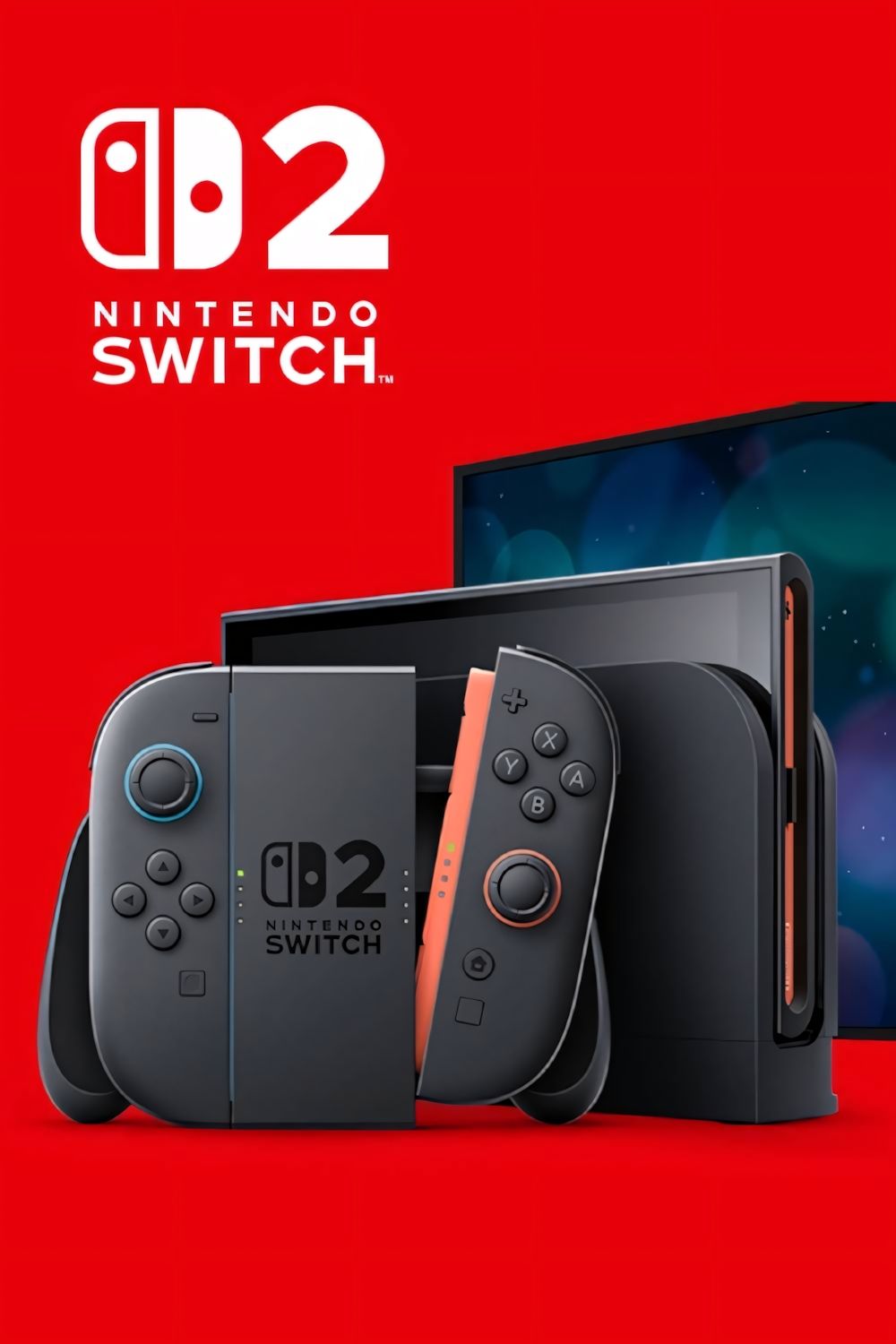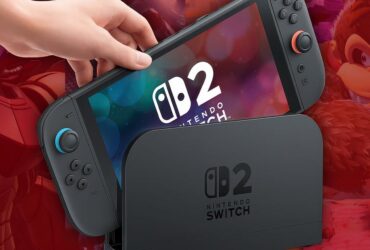Nintendo’s new feature, GameShare, which comes with the advancement of Nintendo Switch 2, enables users to easily share their games with friends and family even if the recipients don’t own the game themselves. This has been made possible with the GameShare local play feature, GameChat, which is a remote way of sharing games on the internet, and virtual game cards that allow players to lend games for up to 14 days.
This seamless and ease-focused approach is a new standard set by Nintendo and reduces barriers that previously limited multiplayer gaming due to the cost of owning multiple copies of the same title. However, all of this has become possible by Nintendo Switch 2 doubling down on the game-sharing features popularized by Valve’s Steam platform, widely recognized for allowing users to share their game libraries with friends and family remotely.

Related
Nintendo Highlights Switch 2’s Exclusive Online Features
Nintendo highlights three new online features that will be exclusive to the Switch 2 version of its NSO subscription service.
Steam’s Game-Sharing Is Well-Known but Limited
Steam allows players to share their entire library of games with family members and friends across multiple devices and makes it possible to experience a wide range of titles without needing separate purchases. However, Steam’s sharing feature comes with notable limitations. The primary constraint is that only one user can access a shared library at a time, which means simultaneous gameplay of shared games is not possible.
Additionally, the account holder must authorize each individual device explicitly, sometimes resulting in cumbersome setup processes and management tasks — almost as if some of these complexities are in place purposely. There are sometimes geographic restrictions that occasionally pose challenges and limit the availability of games, thereby reducing the practicality and flexibility of Steam’s system. However, owing to Steam’s extremely wide and crowd-pulling game library, these issues weren’t exactly potential deal-breakers until perhaps now.
Steam’s Authorization Process Can Be Cumbersome
Steam’s cumbersome authorization process can deter less tech-savvy users or create friction among users who wish for a quick, hassle-free gaming session. While the concept is useful, the setup process can be a bit cumbersome. Both users must have Steam Guard enabled, and the game owner must physically log into their account on the other person’s computer to authorize sharing; there’s no way to do this remotely.
This, in turn, often leads to people avoiding the hassle altogether and buying their own copy. However, now with Switch 2’s announcement and overview of all the new features, gamers all over the world can see that digital game accessibility among peers doesn’t have to be that sophisticated after all.
Game-Sharing on Steam Has Hiccups Throughout
After logging in, the owner has to enable sharing in the Steam Family settings and manually authorize the user. Once set up, only one person can access the library at a time, meaning the shared user can get booted mid-game if the owner starts playing something. Not all games are shareable either because titles with third-party DRM or external launchers often won’t work.
Lastly, while video game DLCs can be shared, they depend on whether the base game is included, which adds another layer of limitation. Managing devices and revoking access also requires digging into Steam settings all over again, which makes the whole process feel less streamlined than it could be.
Nintendo Switch 2’s GameShare, On the Other Hand, Sets a New Benchmark
Unlike Steam, GameShare allows instant sharing of compatible titles locally via wireless connections without cumbersome device authorizations. Then, there’s GameChat functionality, which is limited to Switch 2 for now but is still an absolute game-changer as it extends game-sharing capabilities into the online space and enables friends to join in multiplayer games even if they don’t own the specific title themselves. Players who receive a game via GameChat can enjoy the game for the duration of the ongoing session without the restrictions typically associated with Steam’s approach.
This positions Nintendo Switch 2’s GameShare in comparison to Valve’s Steam and all other consoles and platforms as a forward-thinking feature that simplifies access and encourages wider participation. Not to forget the virtual game card feature, which echoes how Nintendo players used to share physical game cassettes with their friends back in the day. Only this time, the game is automatically returned to the owner within 14 days unless the borrower decides to return it early.











Leave a Reply